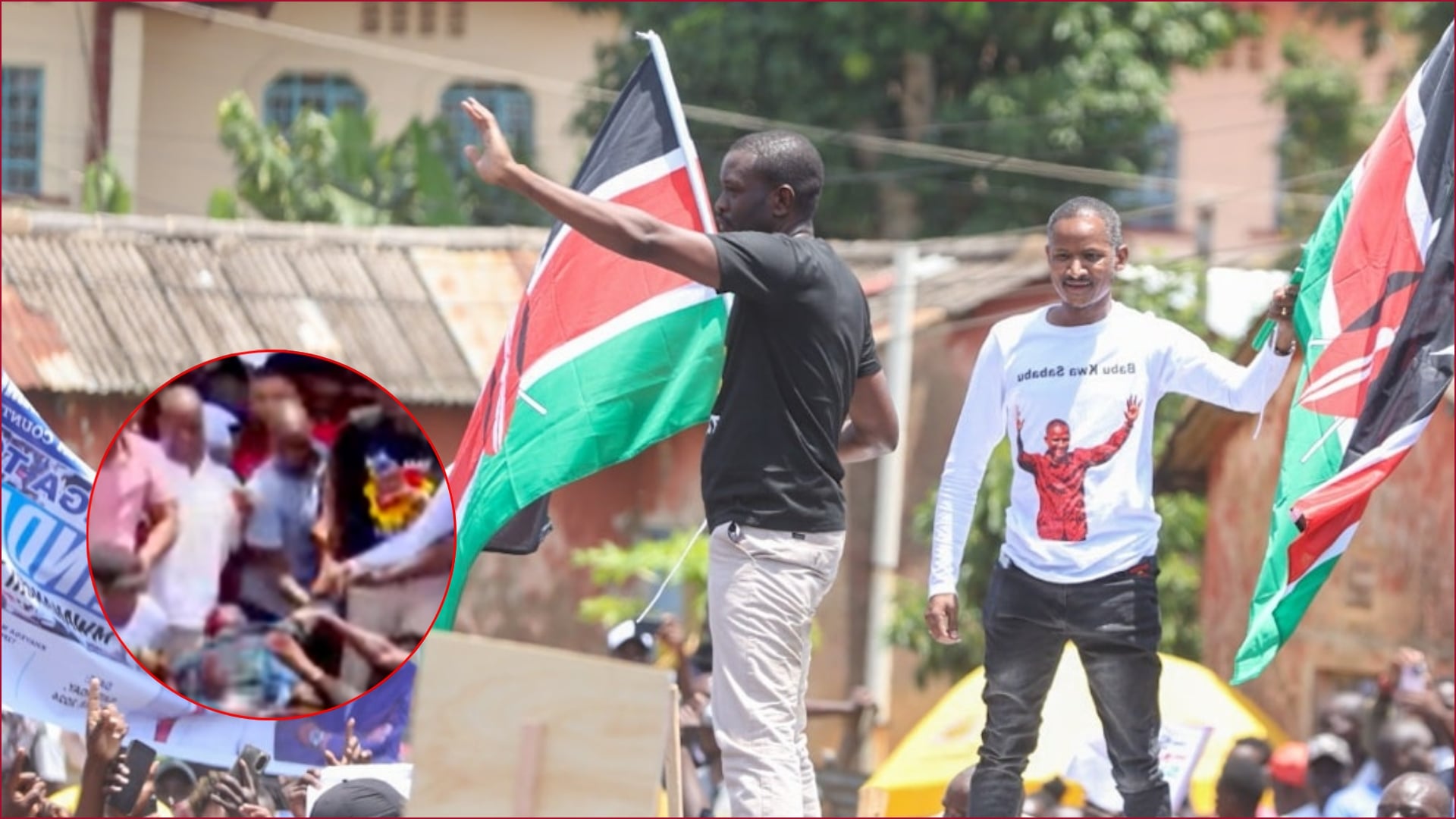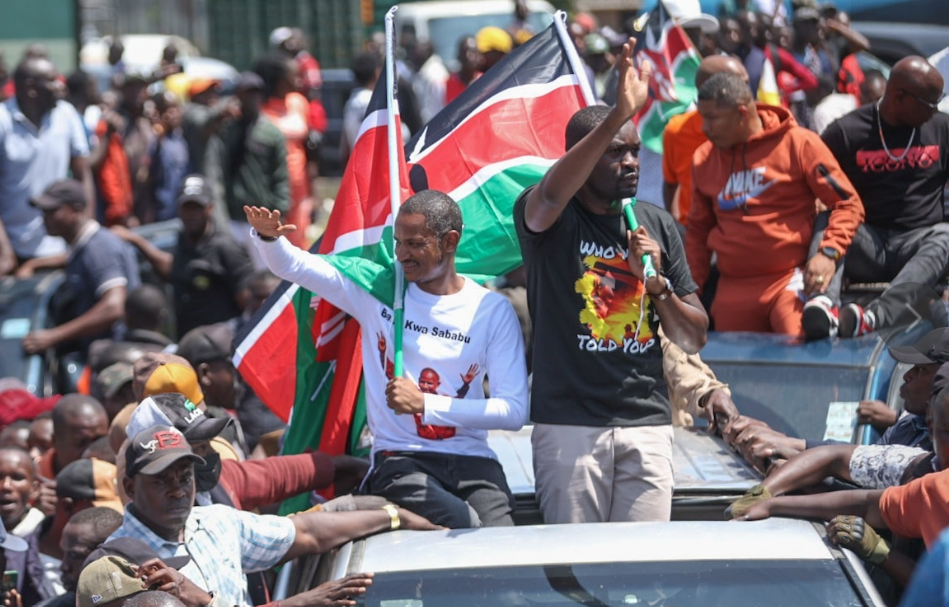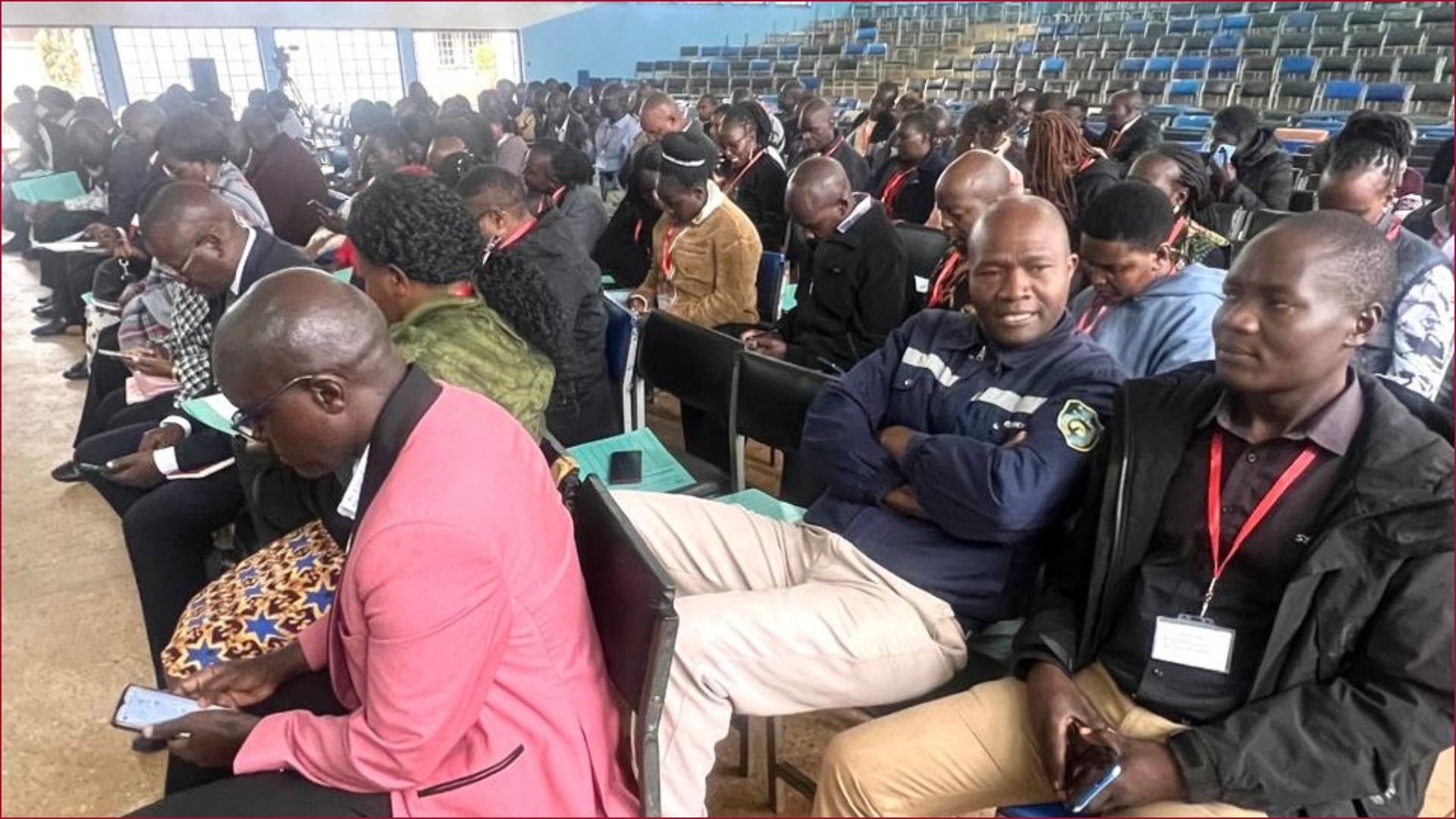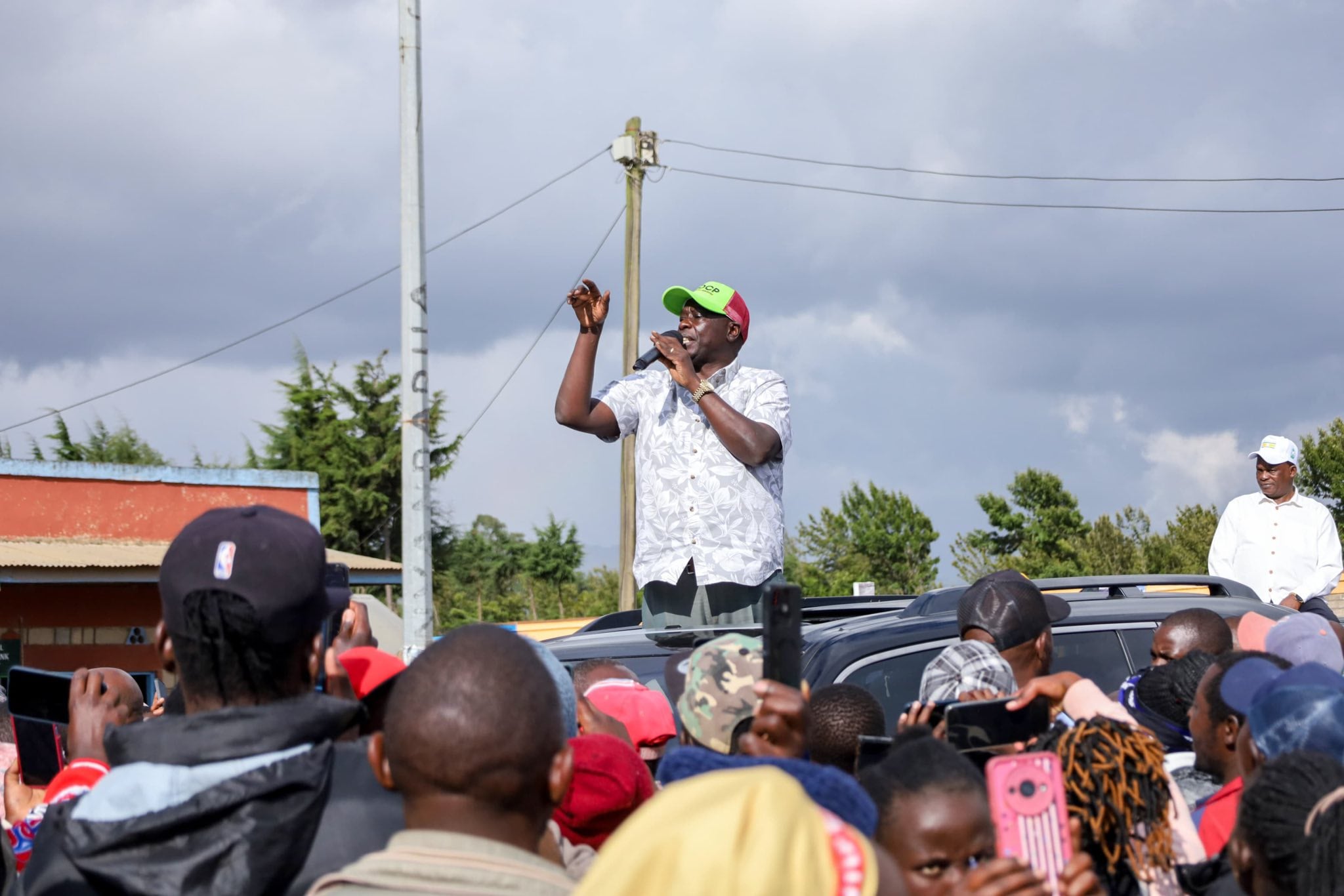The Supreme Court of Kenya has upheld the victory of President-elect William Ruto.
In a ruling delivered by the 7-judge bench on Monday, the judges ruled that the outgoing DP was validly elected as president
On technology used by IEBC, the Supreme Court ruled that the petitioners failed to convince them that the technology deployed did not meet the standards.
"Supreme Court is not persuaded that the IEBC technology did not meet the standards for ensuring the accurate and verifiable outcome of the August 9 poll," CJ Koome stated in the ruling.
On the allegations that the IEBC system was accessed by unscrupulous people who deleted, uploaded and manipulated forms, the Supreme court ruled that no credible evidence was provided to prove that the such acts happened.
Read More
Further, the Supreme Court also ruled on the third issue where they were to determine whether there was a difference between forms 34A uploaded in the portal and those received at the National Tallying Centre and forms 34A issued to agents at polling stations.
In their determination, he court stated that there was no evidence to prove the allegations. The court also ruled that their were no significant differences to affect the overall results.
"There were no significant differences between Forms 34As uploaded on the portal and those submitted at the Bomas that would affect the overall results. The allegation that IEBC used a tool to tamper with Forms 34A was sufficiently explained when IEBC demonstrated how KIEMS captured and transmitted the image.," Koome stated.
The fourth issue to be ruled on was whether postponement of gubernatorial elections in Kakamega and Mombasa counties, parliamentary elections in Kitui Rural, Kacheliba, Rongai and Pokot South, and Nyaki West and Mukuru kwa Njenga wards resulted in voter suppression to the detriment of the petitioners in petition number E005/2022.
The Supreme Court ruled that they are satisfied that the IEBC had powers to postpone the elections.
The said the allegations of voter suppression, the Court ruled that the petitioners failed to demonstrate that the postponement was to suppress voter turnout.
They ruled that the IEBC had proved that the postponement was because of a genuine mistake.
Further, the supreme court also dismissed the sixth issue on whether there were unexplained discrepancies between votes cast for presidential candidates and other positions.
It said the petitioners failed to prove their argument before the court as facts presented before them did not prove their claim.
On whether IEBC carried out verification, tallying and declaration of results in accordance with provisions of articles 138 (3) (c) and 138 (10), the Supreme Court ruled that the IEBC Chair was wrong to argue that the powers to tally and verify results lies in his office.
The court ruled that power lies in the commission. It ruled that the chairperson can not allocate to himself such powers to exclusion of other commissioners.
The court however determined that the four rebel commissioners participated actively in the tallying and verification of results.
They ruled that the four did not provide how opaque the results were yet they participated in the exercise from the onset.
He said the differences among commissioners would not allow them to nullify the the elections since it will amount to interfering with the will of the people.
In that regard, the court ruled that the results were carried in accordance of the law.
On whether the declared president-elect attained 50 per cent plus one vote of the total votes cast in accordance with article 138 (4) of the Constitution, the court ruled that the formula used by IEBC and the chairperson in determining the winner was correct.
CJ Koome ruled that Ruto indeed gained the 50 per cent plus one to warrant his declaration as the winner of the polls.
It also ruled that rejected ballot papers cannot be taken into account when seeking to determine if a candidate got 50 plus one.
The court also ruled that irregularities that were highlighted were not serious issues to warrant the nullification of the resultsWhether the declared president-elect attained 50 per cent plus one vote of the total votes cast in accordance with article 138 (4) of the Constitution.
The ruling was on 7 petitions filed by among others Raila Odinga.
President-elect Ruto and the IEBC were respondents.
The full judgement will be released after 21 days.
In results announced by IEBC Chair Wafula Chebukati, Ruto garnered 7,176,141 votes representing 50.49 percent of the final vote, while Raila received 6,942,930 votes this 48.85 percent.
He defeated 77-year-old Raila , once a fiery and iconic opposition leader who has lost, counting this election, five times.
The Deputy President managed to get a majority votes from the critical, vote-rich Mt Kenya region, leading in most counties.
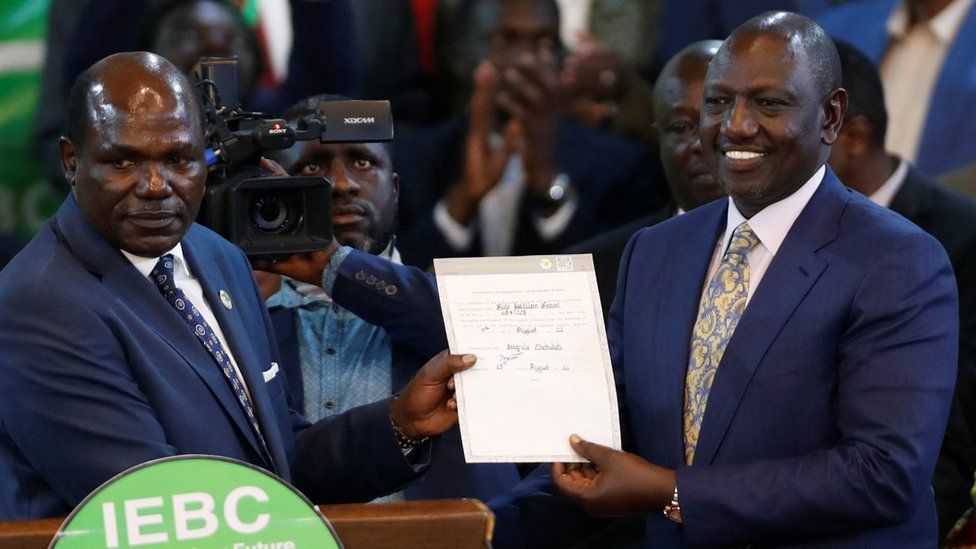
-1771737995.png)
